Hiring in a Gig Economy: Embracing Flexible, Short-Term Workers
When people hear the term “gig economy” or “gig workers,” brands like Uber and Airbnb spring to mind. These companies use a broad network of independent contractors to take on short-term jobs or “gigs” (think of an Uber driver or a Grubhub delivery person). However, hiring within the gig economy is actually much broader in scope .
What is the gig economy?
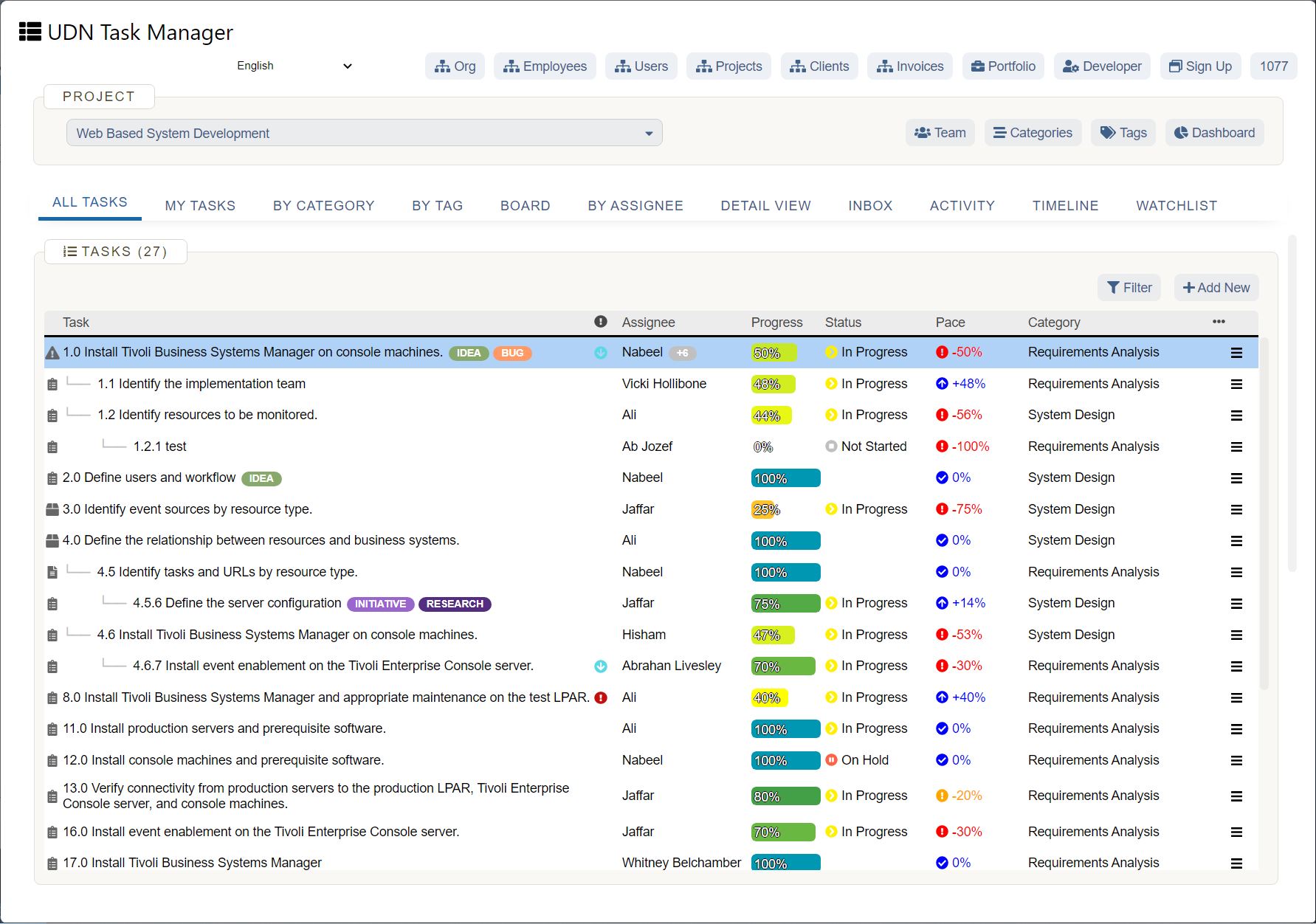
The gig economy is “ a market based on a fixed-term contract , or that is paid per project by a company, third party, or online marketplace” and is becoming a popular option for startups and technology companies looking for cheaper labor options. It also widens the highly competitive talent pool that HR teams compete in. The gig economy includes everyone from consultants to freelancers and is a great way for organizations to hire highly skilled talent for specialist projects or specific timelines.
Gig work was on the rise pre-pandemic, with the number of gig workers increasing from 3.7 million in 2014 to 62.2 in the U.S in 2019 . The past 18 months have proven that employees can work successfully from anywhere, cementing the gig economy as a trend that’s here to stay.
So what does hiring in the gig economy mean for HR teams and the recruitment process? And how can gig workers be successfully incorporated into an organization in a meaningful way? Let’s find out.
What does the gig economy offer?
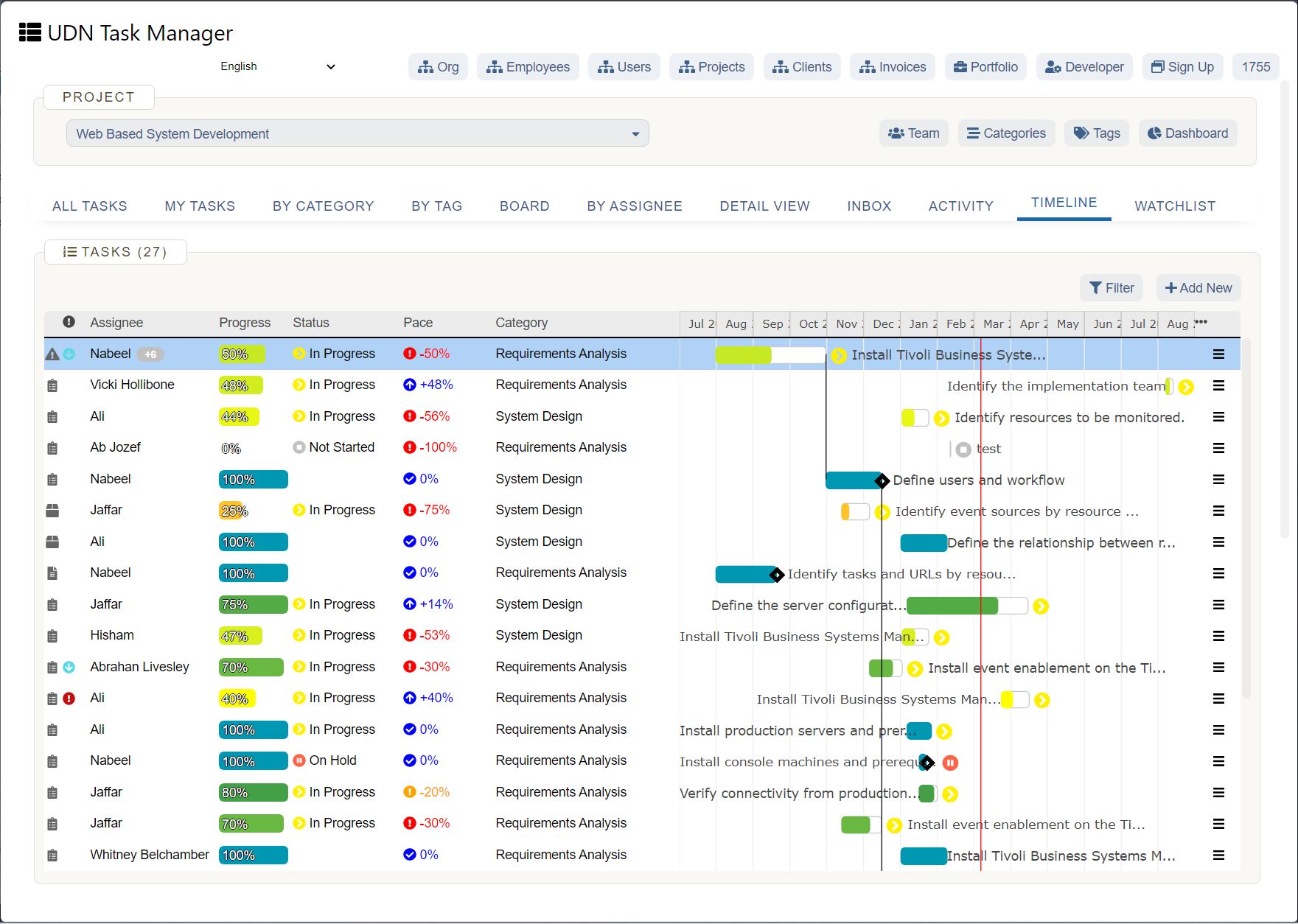
The great remote work experiment of the past year has proven successful. As a result, more workers are warming to the idea of gig work over more traditional jobs, forcing companies to react and adapt.
Hiring a short-term worker is a cheaper option than hiring personnel on a permanent contract. It also allows HR teams to tap into a broader, global talent pool of highly specialized and experienced workers.
Many companies upgraded their technologies to support a predominantly remote workforce during the pandemic and are now set up to facilitate a remote network of short-term workers. Technologies that support collaboration from anywhere, such as work management platforms and instant messaging apps, are becoming the norm and further support the flexibility needed to support gig workers. There’s no reason for businesses to ignore the opportunity of having a suite of talented, cost -effective gig workers at their fingertips.
I want to hire in the gig economy, but what’s the catch?
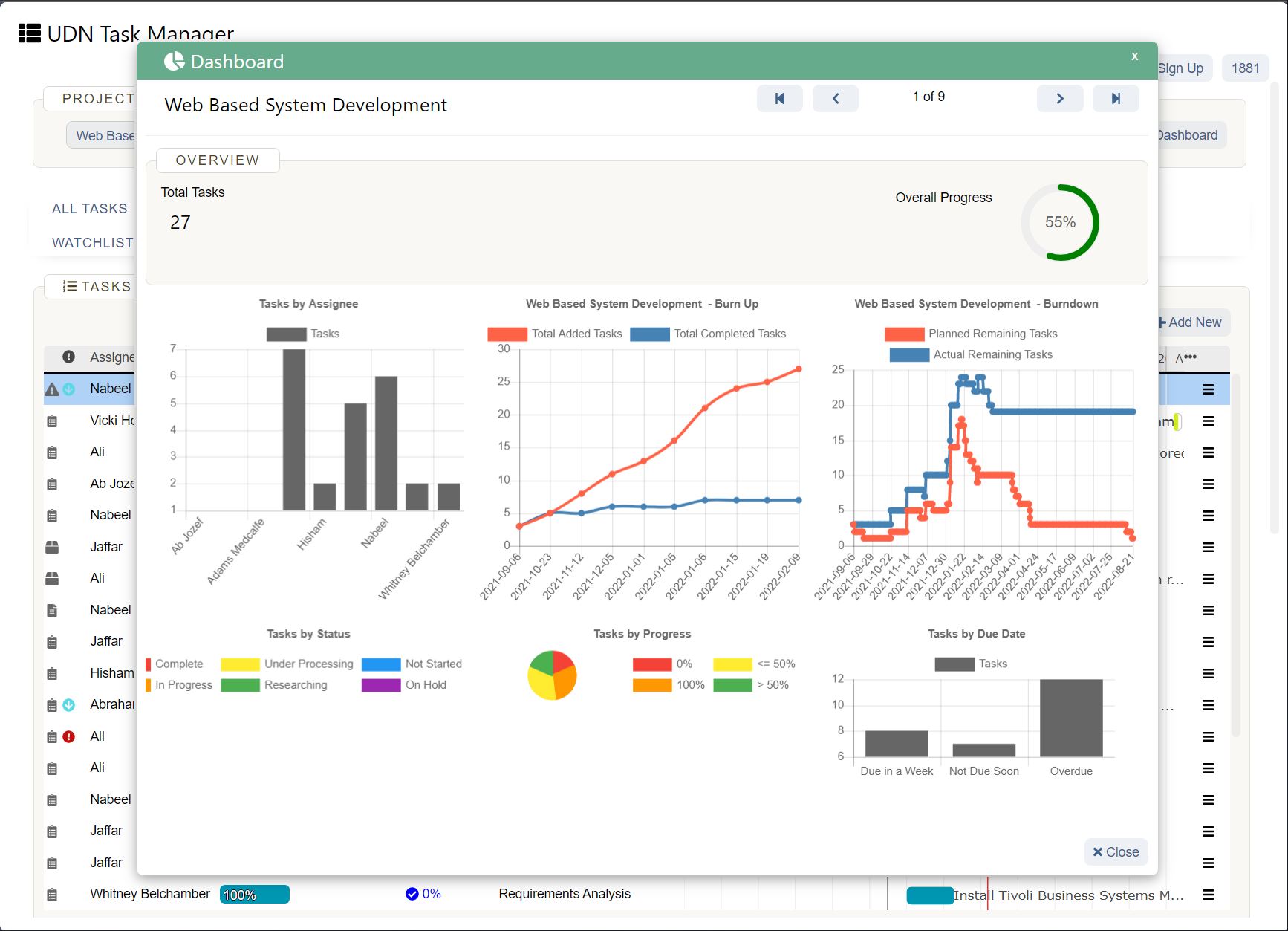
There’s no workplace solution without its unique challenges, and hiring in the gig economy is no exception. A lack of concrete frameworks to facilitate gig work, including minimal governmental support in many countries, makes it more difficult for businesses to hire contractual workers worldwide.
As gig workers can work for several companies simultaneously, or move between similar companies in the same industry, businesses may also feel tentative to share sensitive company data with short-term workers.
Many gig workers themselves must sacrifice the security and benefits of a permanent job, such as worker’s protections like income guarantee and benefits like health insurance and pension schemes.
How to hire in the gig economy
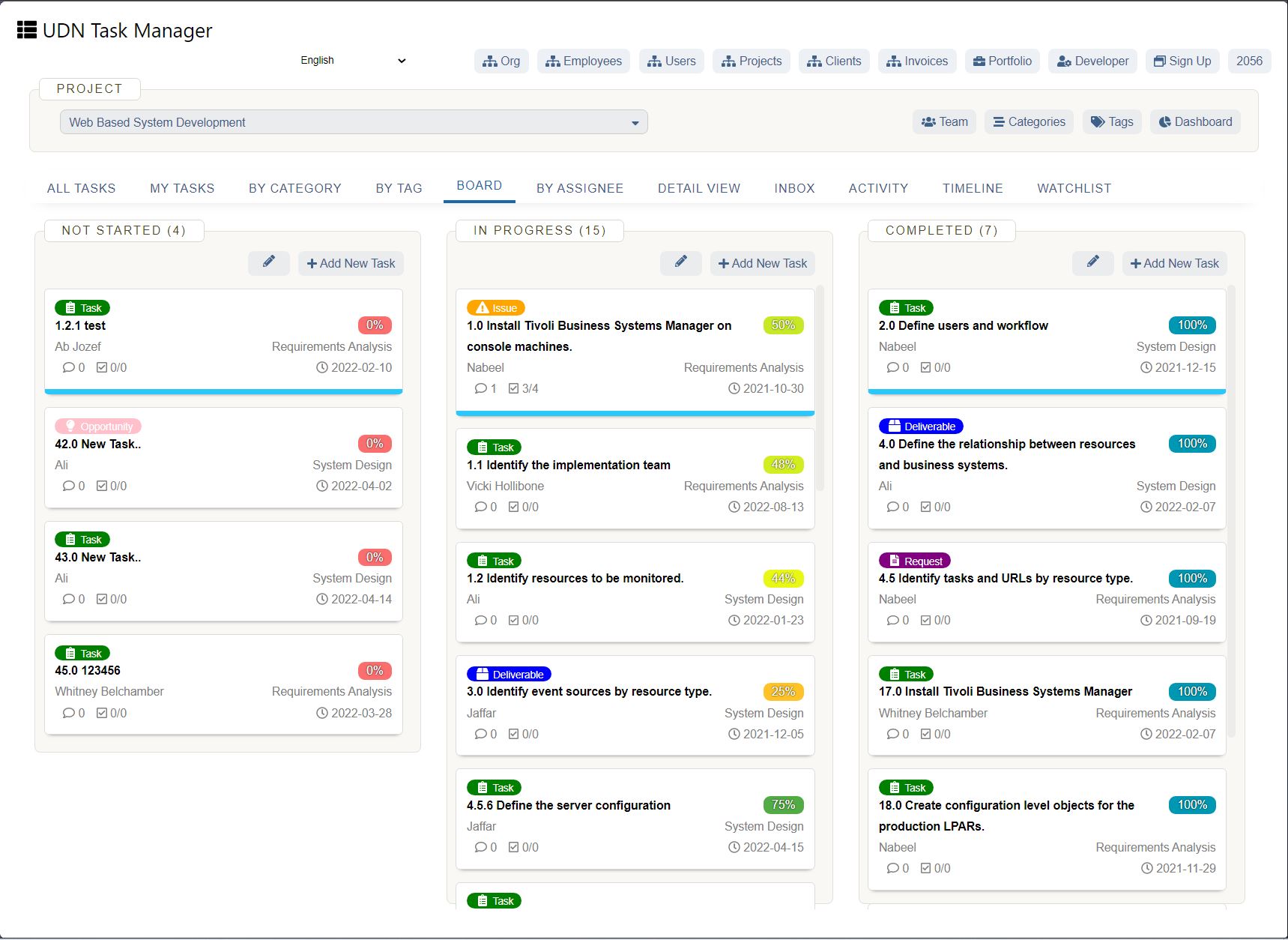
The gig economy presents a new set of challenges for HR teams and businesses. Gig work must benefit the company while also providing a realistic and attractive work opportunity for gig workers.
Therefore, the key to successfully incorporating gig work into the workplace is planning , flexibility, and mining an excellent culture for short-term workers.
1. Know the law
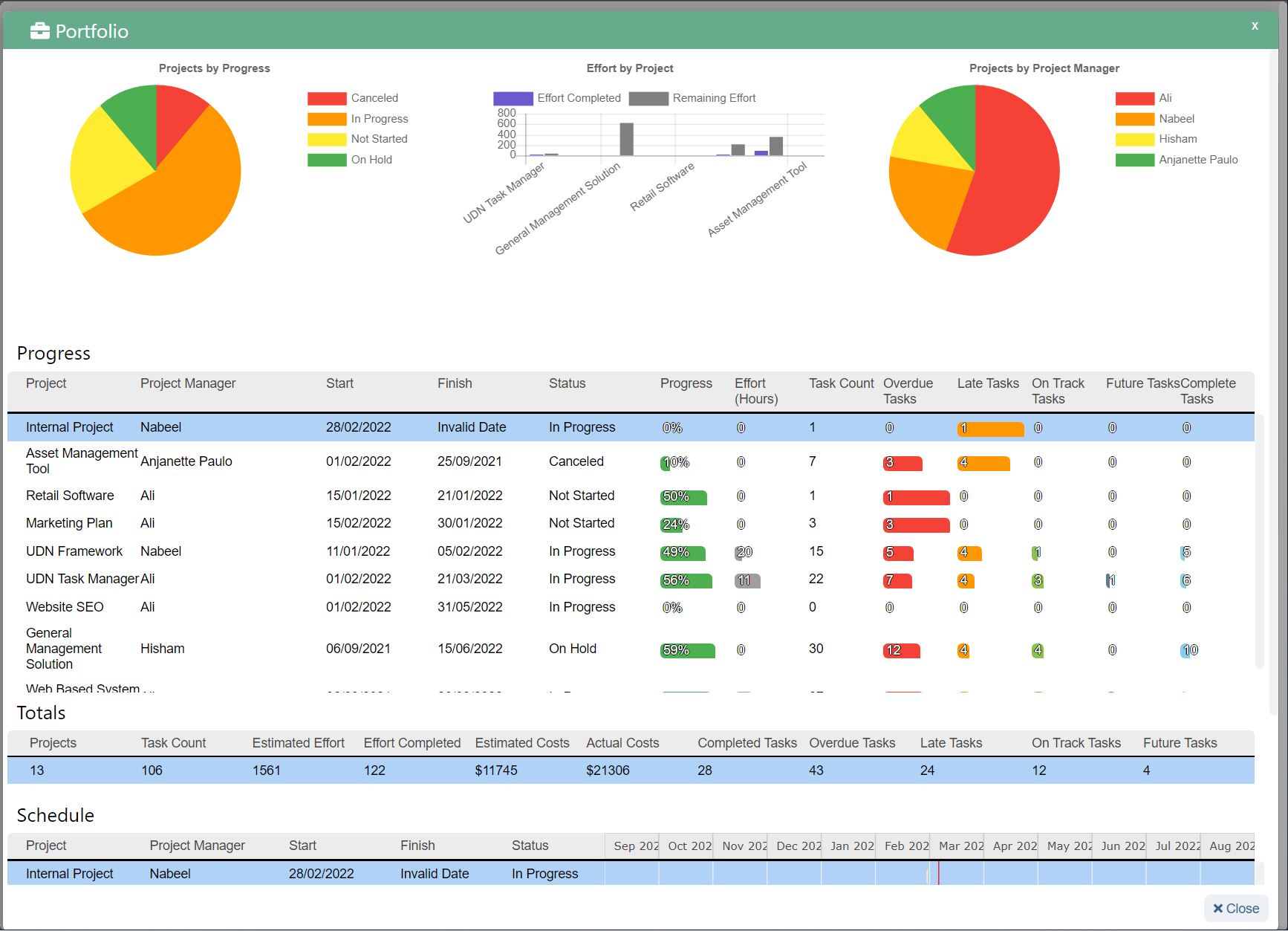
Every country has unique laws and regulations regarding hiring, which extends to hiring in the gig economy. To incorporate robust, short-term work procedures, you must be equipped with the regulations and policies needed to facilitate this in your country.
The expansion of the gig economy will no doubt create new regulations and employment laws, all of which HR will need to manage. The HR team will also be responsible for developing the policies, procedures, and support required to maintain a more flexible business model that includes gig workers.
2. Pick up the pace
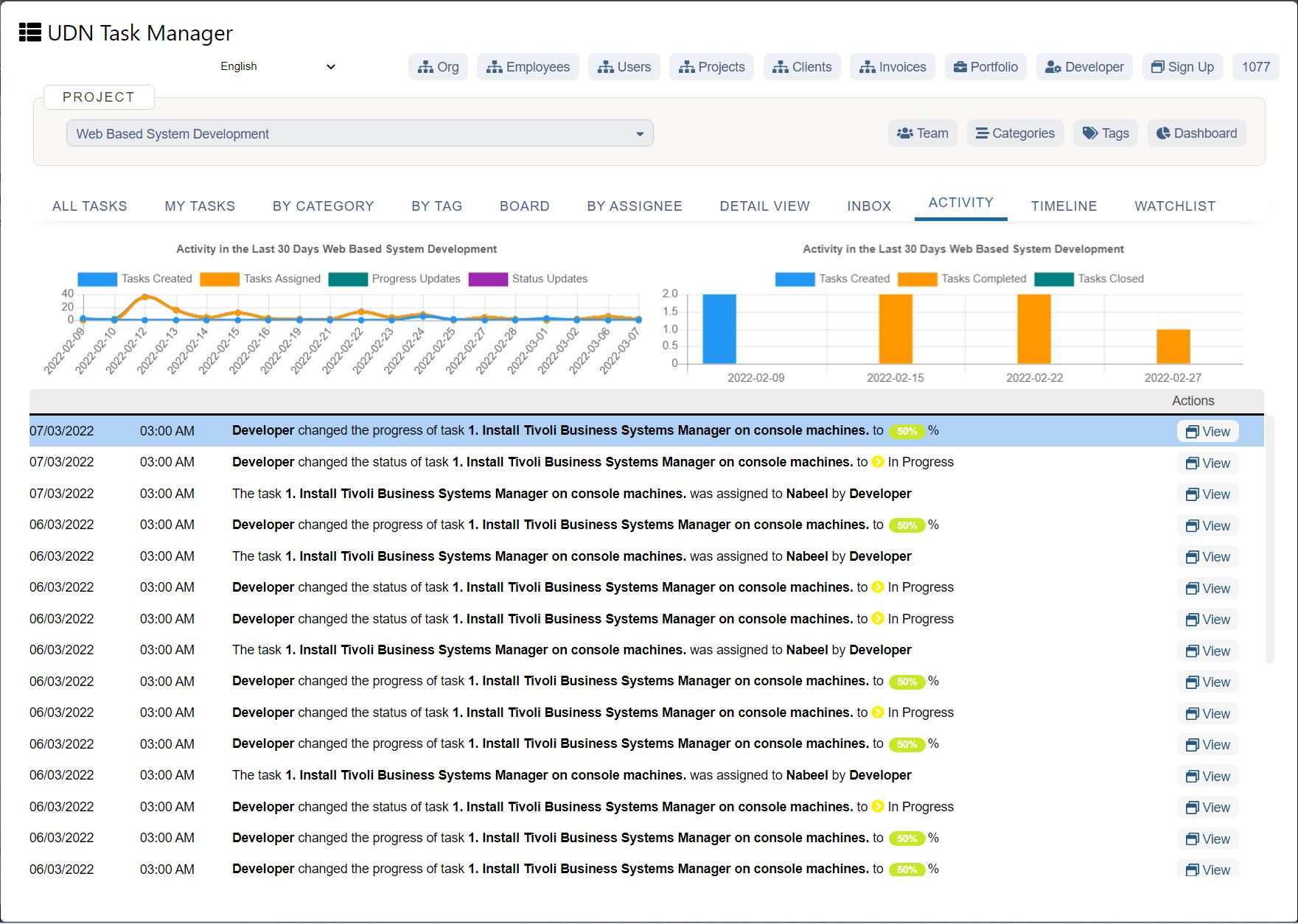
The gig economy is a revolving door of highly skilled workers needed for specific work or projects. You’ll need to forego lengthy application and hiring processes in favor of swift onboarding to attract short-term workers and successfully hire in the gig economy.
The onboarding and training process must also be shortened to allow the gig worker to start working as quickly as possible.
3. Keep them coming back
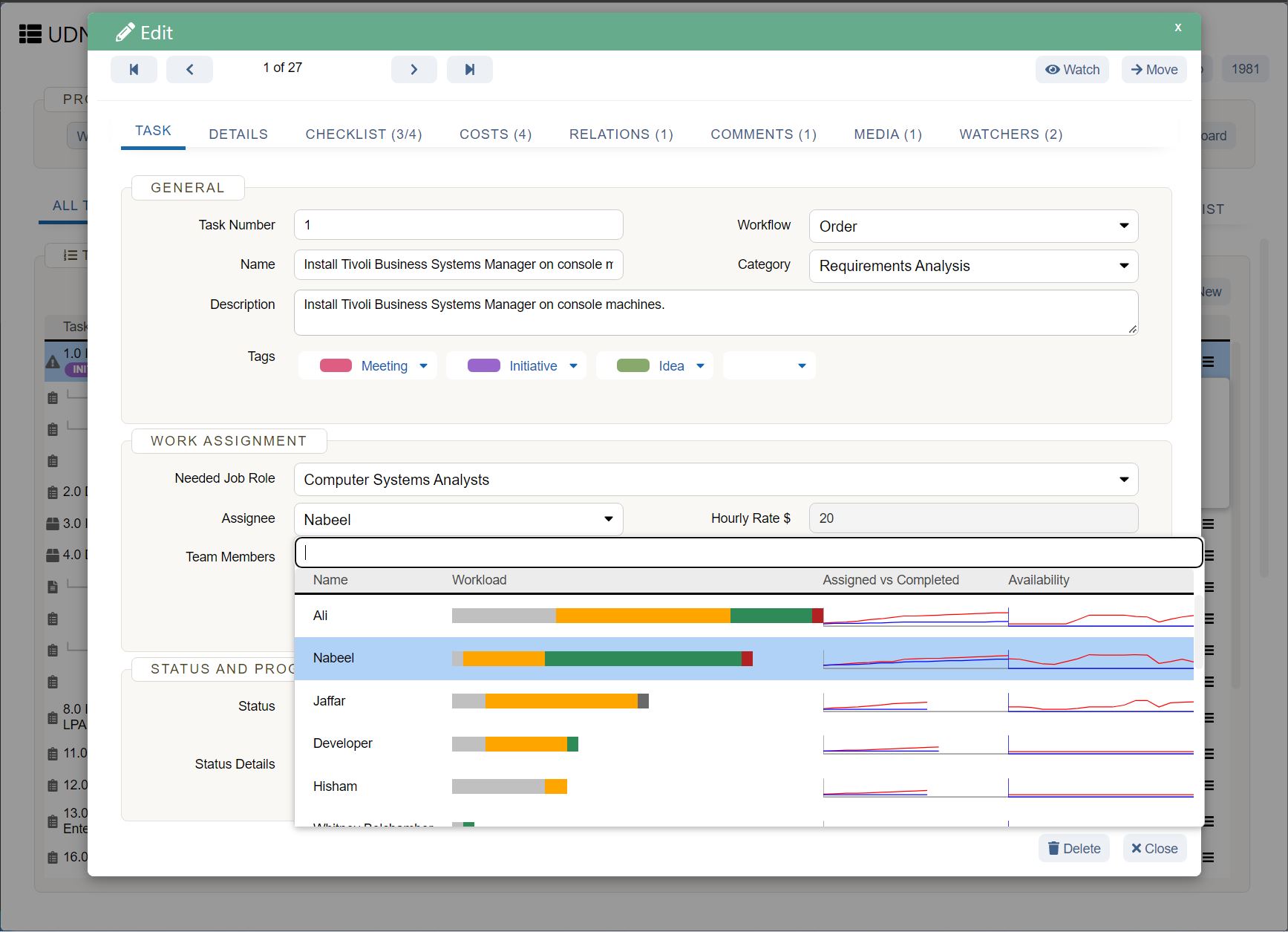
A huge priority for HR teams is retention, but it’s not a focus in the gig economy. Instead of retaining excellent performers initially hired as gig workers, you must expect that gig workers will eventually move on.
However, the key to success when hiring in the gig economy is creating a culture and environment that incentivizes gig workers to come back and take on more work.
The goal is to have a roster of exceptionally talented workers ready to tackle specialized projects and tasks and excited to take on more work for your business. In doing so, you’ll also create a community of ambassadors who will recommend your company to other gig workers.
4. Perfect your culture

So how do you create a culture that attracts exceptional freelance talent? The answer is flexibility and inclusivity. The gig economy prioritizes work-life balance. Flexibility is less a perk for gig workers, but a priority and often the reason gig workers turned to short-term contracts in the first place.
Flexible work hours, facilitated by asynchronous work tools , are essential. Gig workers shouldn’t be expected to stick to rigid hours and be available on call or for meetings 24/7. They should be afforded similar holiday allowances to permanent staff, significant benefits, and remote contracts that allow them to work from anywhere.
Gig workers should feel a part of the company culture and truly included within existing teams. They should have the freedom to get to know their colleagues, pitch ideas, and be a part of the business ecosystem. Real flexibility and inclusion allow gig workers to make an impact and hopefully return to do more great work when the opportunity arises.
5. Define roles suited to the gig economy
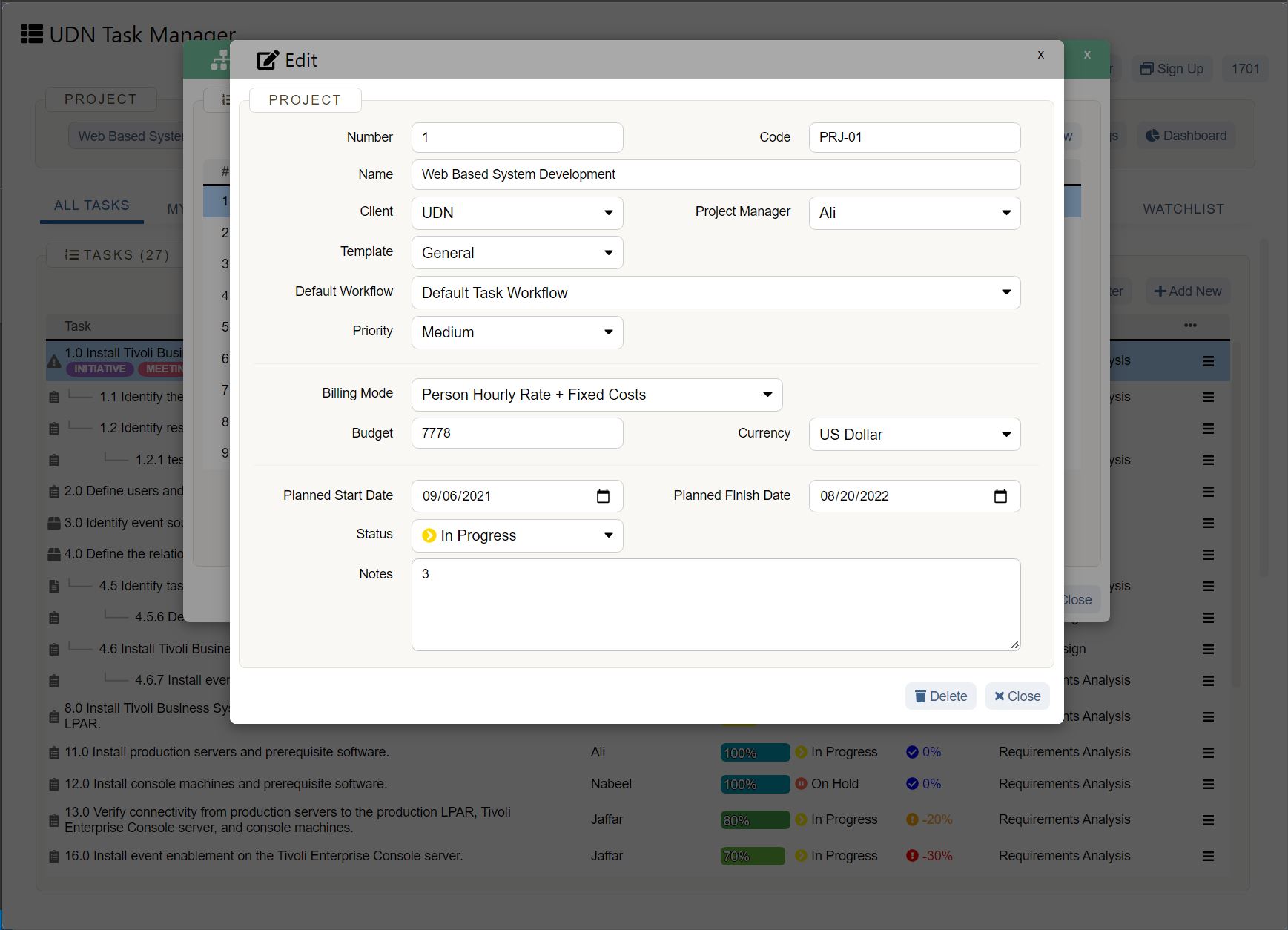
You may already have policies around hiring freelancers, vendors, or consultants. To attract gig workers and offer them the best possible experience, you may need to tweak these types of contracts.
It’s helpful to start by identifying the roles suited to gig workers and what projects would benefit from short-term workers. Many businesses hire permanent staff into critical strategic positions, such as managers, team leads, and operational roles, and tap gig workers to take on specific projects or pick up slack. Defining the roles that suit gig workers will allow HR teams to plan their strategy around short-term work.
6. Let gig workers do their best work
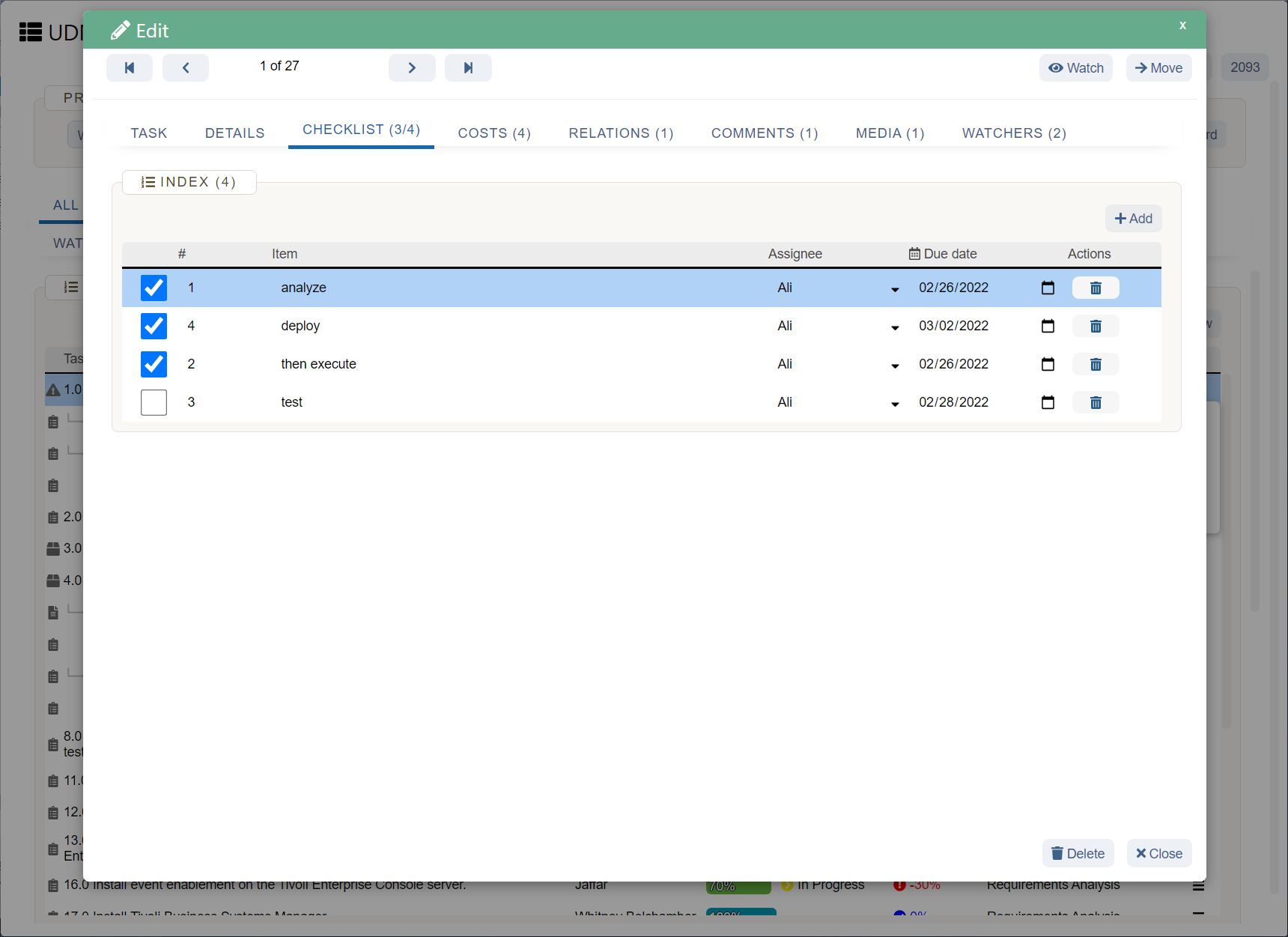
Introduce freelancers to multiple points of contact, include them in department communications, and give them access to communication channels. This requires secure cloud-based platforms that support your entire organization to work collaboratively from anywhere.
work management platforms with security features such as Access Roles will allow you to give gig workers access to teamwork and communications and stay in total control of how much access they have to company materials.
With work management tools, gig workers can truly work from anywhere and on their own time while still feeling included in the company hierarchy. This will not only remove any feelings of exclusion, but it will also drive a sense of collaboration that benefits everyone.
Looking to hire in the gig economy?
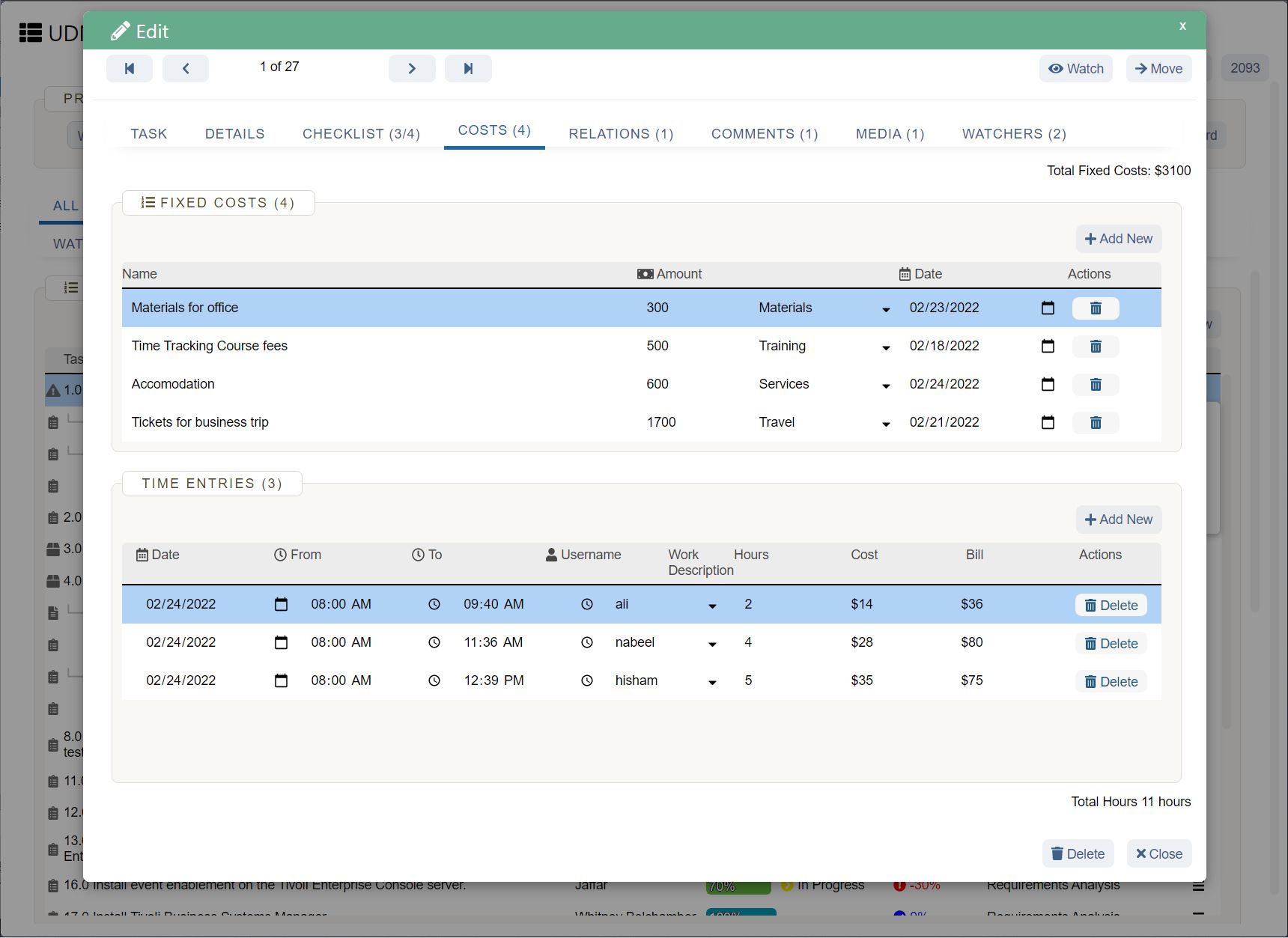
The gig economy offers lower labor costs in a competitive tech environment, flexible workers who can be hired as needed, and a workforce that’s enthusiastic about scheduling options that offer more work-life balance.
It presents unique challenges for HR professionals asked to build a gig workforce to pivot from more traditional forms of employment. As most businesses consider more flexible workplace options for their employees, it’s a great time to explore how gig work can be successfully incorporated into existing business models.










